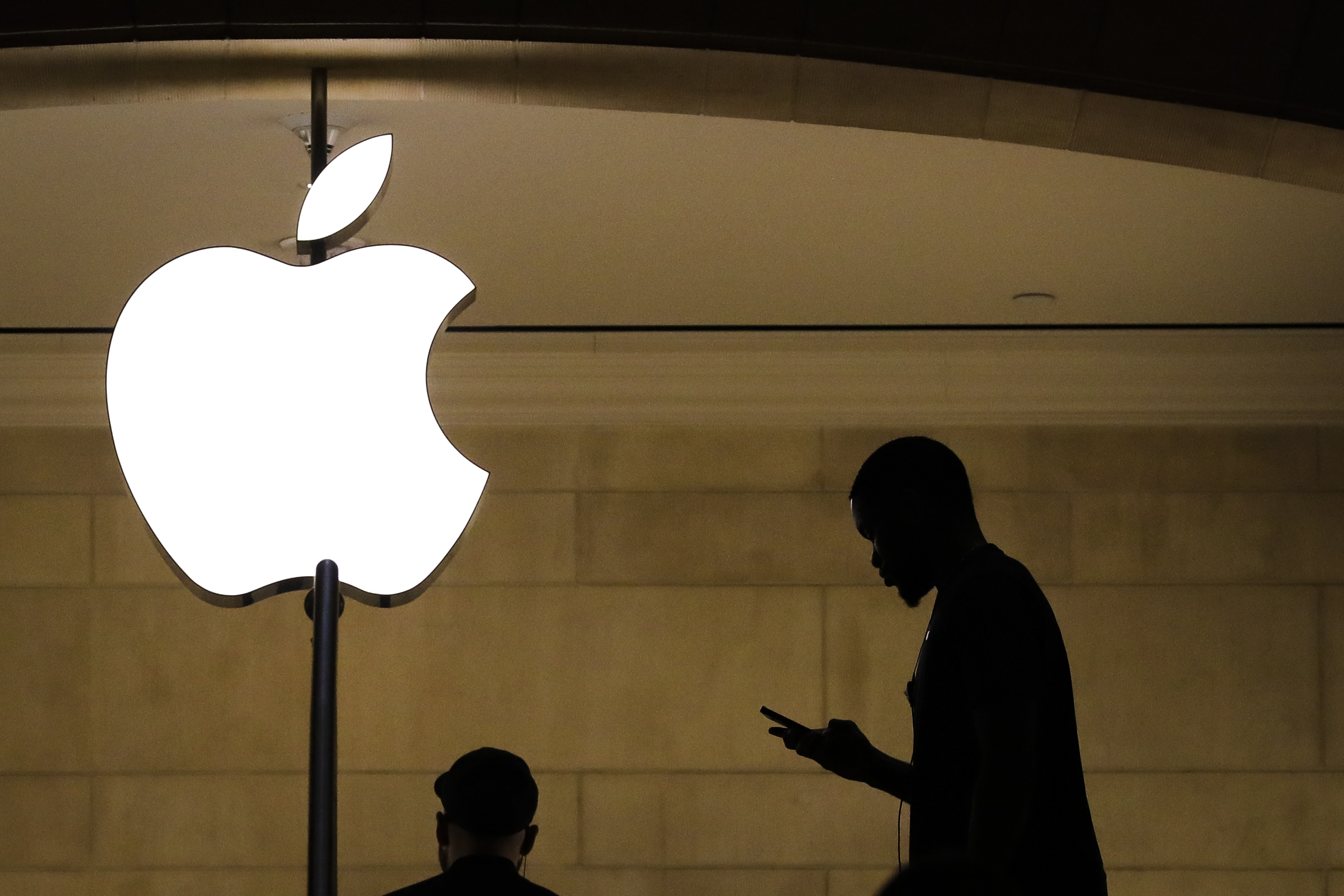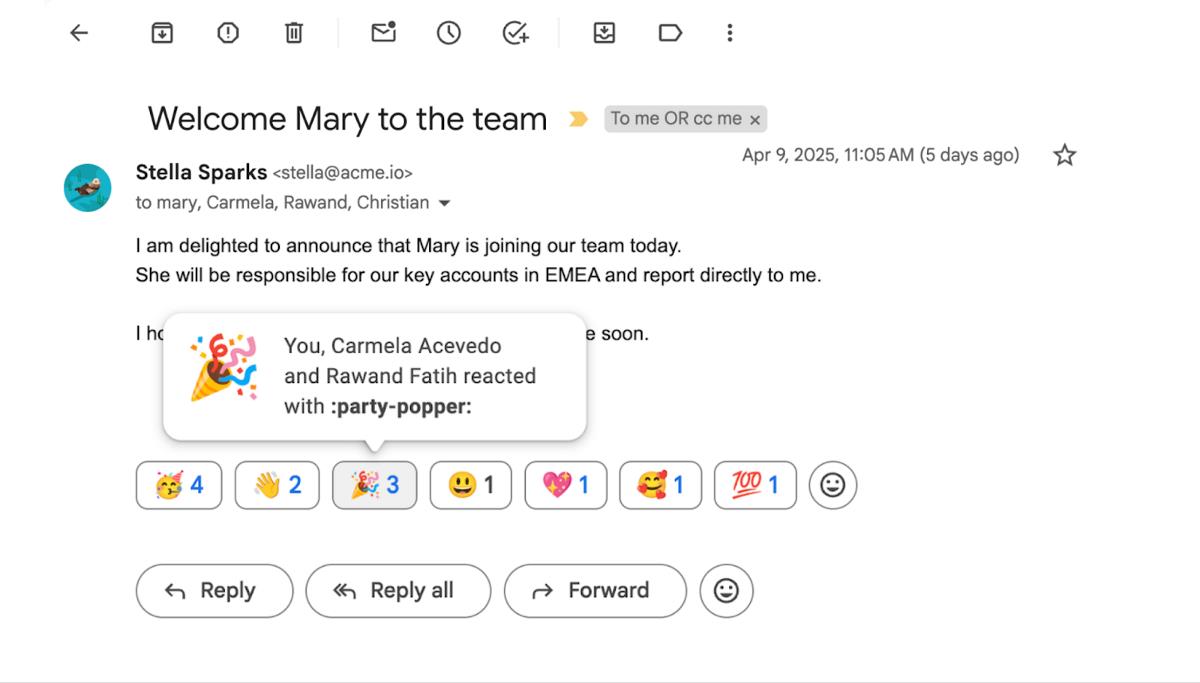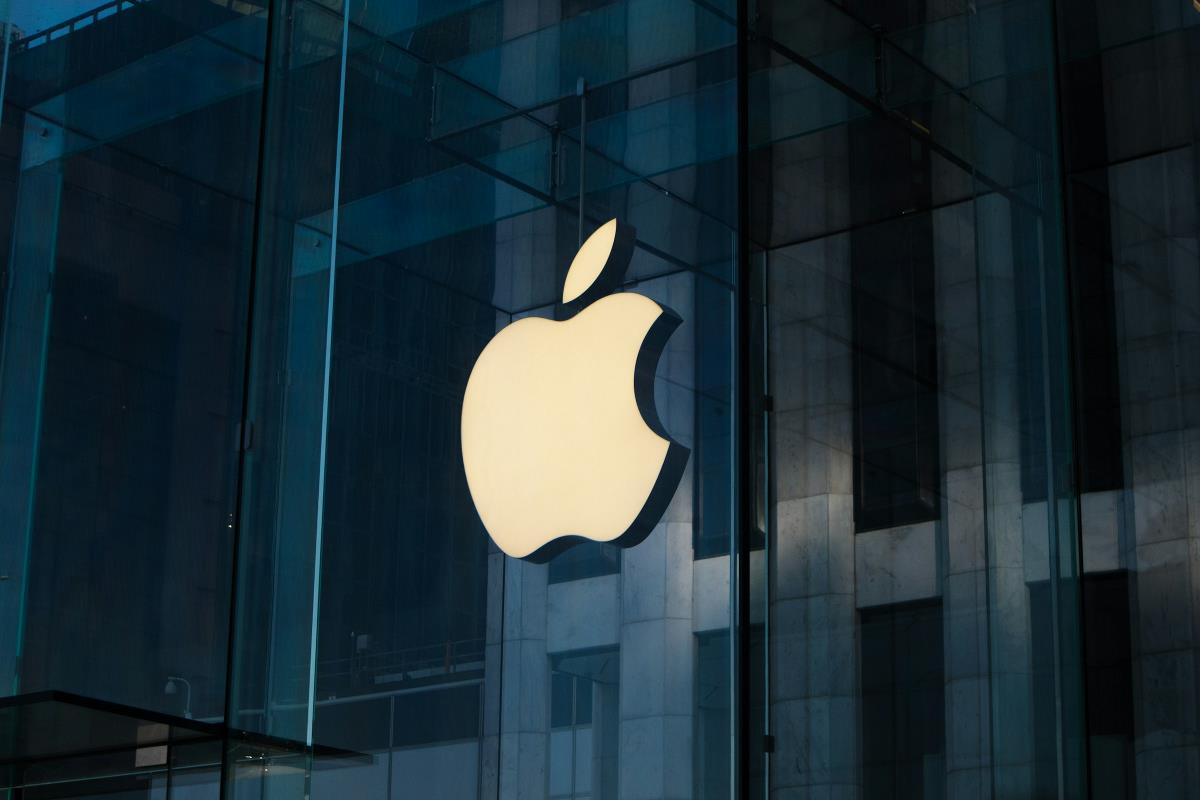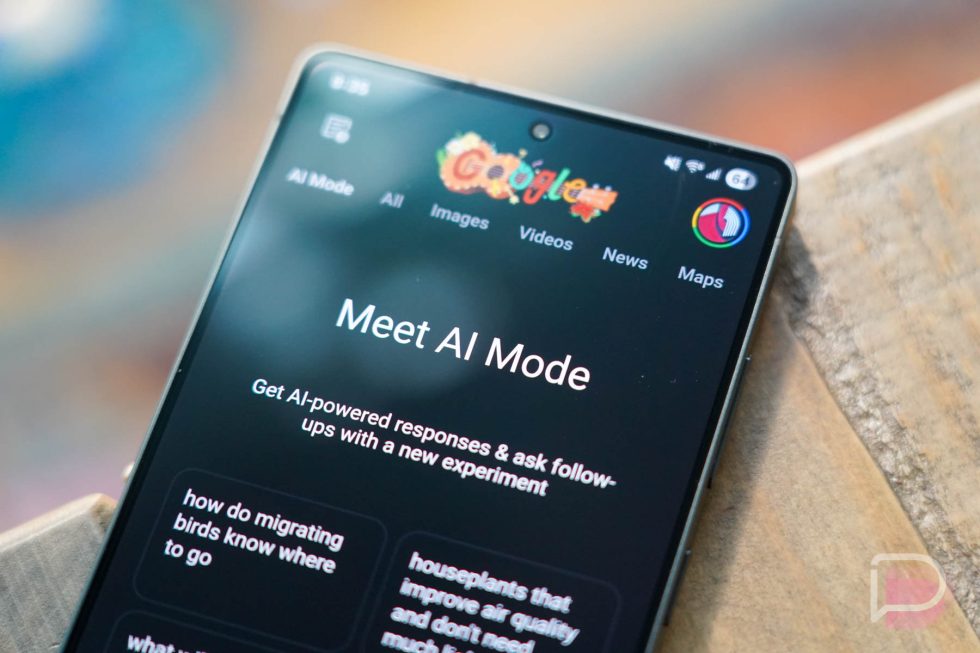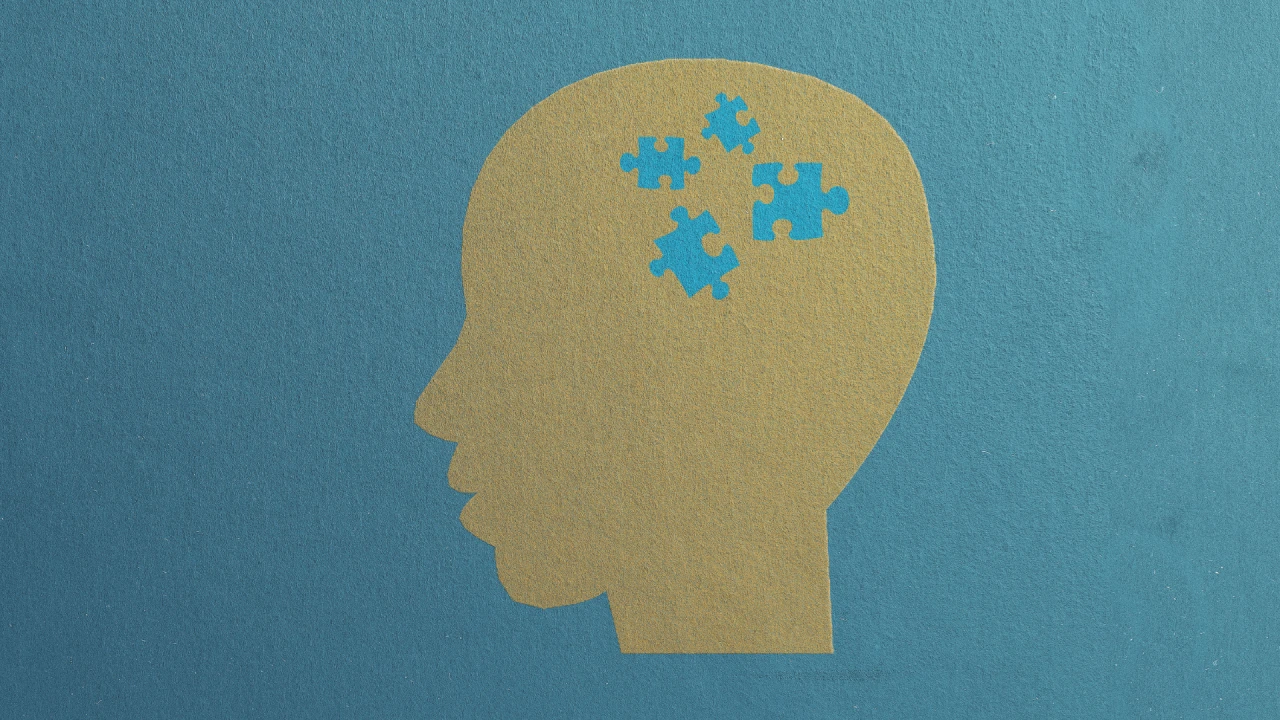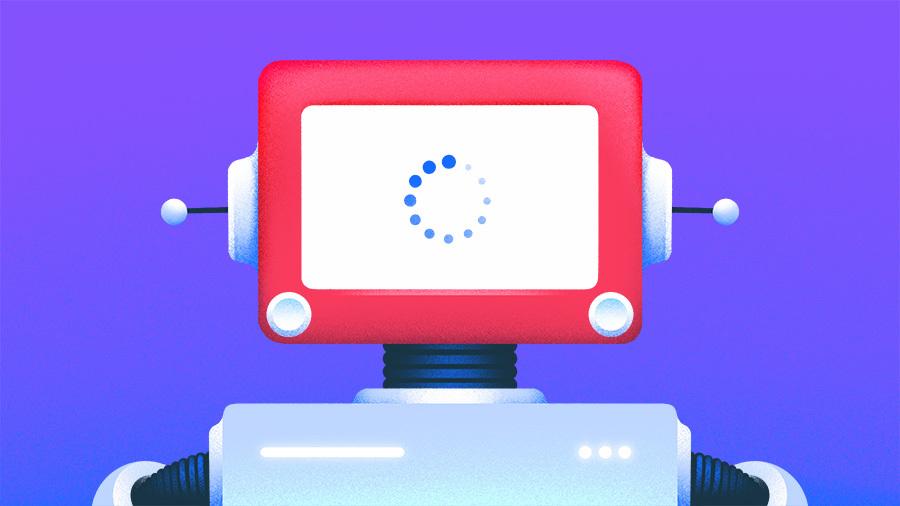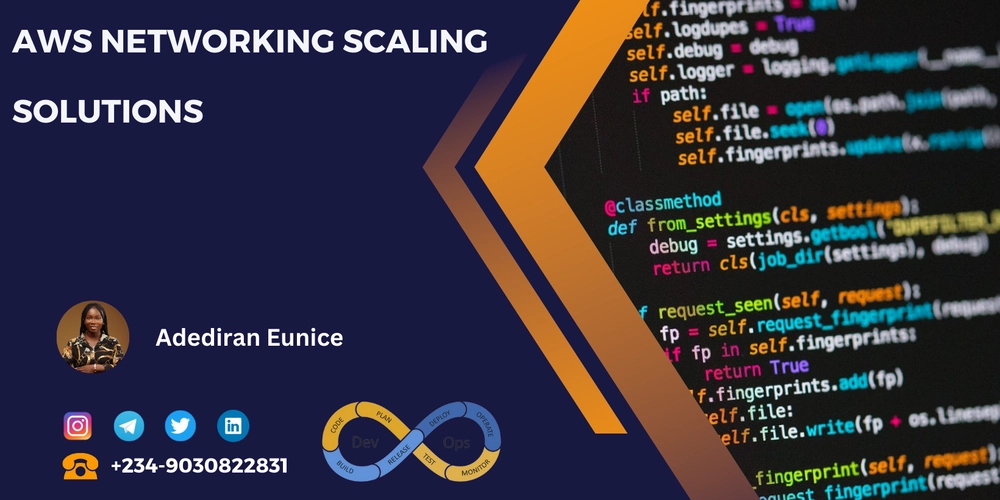"Healing with Algorithms: How AI is Revolutionizing the Future of Healthcare"
Healing with Algorithms: How AI is Revolutionizing the Future of Healthcare In an era where technology has become the linchpin of innovation across various sectors, the healthcare industry stands at the cusp of a technological renaissance driven by Artificial Intelligence (AI). From predictive diagnostics to personalized treatment plans, AI is redefining the parameters of healthcare delivery, making it more efficient, accurate, and accessible. Here, we explore the transformative impact of AI on healthcare and how it holds the promise of a healthier future. Diagnostics Reimagined One of the most significant applications of AI in healthcare is in the realm of diagnostics. Traditional diagnostic methods often rely heavily on human expertise and can be time-consuming. AI algorithms, however, are capable of analyzing vast amounts of data swiftly and with high precision. Machine learning models trained on medical images can now detect diseases like cancer, pneumonia, and diabetic retinopathy with an accuracy that rivals or even surpasses that of human radiologists. By assimilating and interpreting data patterns, AI not only accelerates diagnosis but also reduces human error, paving the way for early and more accurate detection. Personalized Medicine and Treatment Plans AI's ability to analyze complex datasets also dovetails with the principles of precision medicine, which aims to customize healthcare at the individual level. By sifting through genetic information, medical histories, and lifestyle factors, AI systems can propose personalized treatment plans tailored to the unique biology of each patient. This approach enhances the efficacy of treatments and minimizes side effects, as therapies are fine-tuned to individual profiles. The use of AI in pharmacogenomics, for instance, is helping identify how patients will respond to specific drugs, optimizing medication choices and dosages. Operational Efficiency and Cost Reduction AI is also instrumental in streamlining healthcare operations, thus curtailing costs and enhancing patient care. Automation of administrative tasks such as scheduling, billing, and record keeping allows healthcare professionals to focus more on patient care, rather than paperwork. Predictive analytics, another AI facet, assists healthcare providers in resource allocation by forecasting patient admissions, bed occupancy rates, and emergency scenarios. This foresight enables better staffing and equipment readiness, reducing wait times and operational bottlenecks. Accessibility and Telemedicine Increased AI integration is making healthcare more accessible to remote and underserved populations through telemedicine platforms that leverage AI algorithms for virtual consultations and remote monitoring. Wearable devices equipped with AI capabilities continuously monitor vital signs and alert healthcare providers of any anomalies in real-time, ensuring timely intervention. This technology not only brings healthcare to distant areas but also empowers patients to be proactive about their health management. Challenges and Ethical Considerations Despite the remarkable benefits, the deployment of AI in healthcare is fraught with challenges, primarily concerning data privacy, security, and ethical considerations. AI systems require access to vast amounts of sensitive patient data, raising concerns about data breaches and misuse. Moreover, the 'black box' nature of AI decision-making processes can be opaque, making transparency and accountability crucial. Ongoing dialogue among stakeholders, robust regulatory frameworks, and responsible AI development are imperative to mitigate these risks. Conclusion AI's role in healthcare is transformative, offering unprecedented opportunities to enhance health outcomes, personalize patient interaction, and optimize system efficiencies. As we navigate the challenges and continue to harness the potential of AI, the future of healthcare shines brightly on the horizon, with algorithms playing a pivotal role in healing and wellness. As technology and human expertise converge, the possibility of an equitable, efficient, and effective healthcare system becomes not just ideal but attainable.
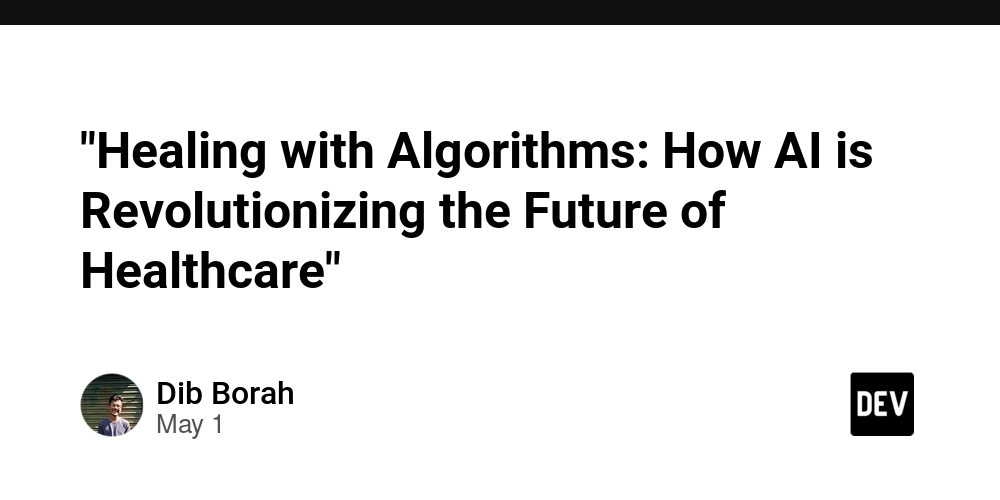
Healing with Algorithms: How AI is Revolutionizing the Future of Healthcare
In an era where technology has become the linchpin of innovation across various sectors, the healthcare industry stands at the cusp of a technological renaissance driven by Artificial Intelligence (AI). From predictive diagnostics to personalized treatment plans, AI is redefining the parameters of healthcare delivery, making it more efficient, accurate, and accessible. Here, we explore the transformative impact of AI on healthcare and how it holds the promise of a healthier future.
Diagnostics Reimagined
One of the most significant applications of AI in healthcare is in the realm of diagnostics. Traditional diagnostic methods often rely heavily on human expertise and can be time-consuming. AI algorithms, however, are capable of analyzing vast amounts of data swiftly and with high precision. Machine learning models trained on medical images can now detect diseases like cancer, pneumonia, and diabetic retinopathy with an accuracy that rivals or even surpasses that of human radiologists. By assimilating and interpreting data patterns, AI not only accelerates diagnosis but also reduces human error, paving the way for early and more accurate detection.
Personalized Medicine and Treatment Plans
AI's ability to analyze complex datasets also dovetails with the principles of precision medicine, which aims to customize healthcare at the individual level. By sifting through genetic information, medical histories, and lifestyle factors, AI systems can propose personalized treatment plans tailored to the unique biology of each patient. This approach enhances the efficacy of treatments and minimizes side effects, as therapies are fine-tuned to individual profiles. The use of AI in pharmacogenomics, for instance, is helping identify how patients will respond to specific drugs, optimizing medication choices and dosages.
Operational Efficiency and Cost Reduction
AI is also instrumental in streamlining healthcare operations, thus curtailing costs and enhancing patient care. Automation of administrative tasks such as scheduling, billing, and record keeping allows healthcare professionals to focus more on patient care, rather than paperwork. Predictive analytics, another AI facet, assists healthcare providers in resource allocation by forecasting patient admissions, bed occupancy rates, and emergency scenarios. This foresight enables better staffing and equipment readiness, reducing wait times and operational bottlenecks.
Accessibility and Telemedicine
Increased AI integration is making healthcare more accessible to remote and underserved populations through telemedicine platforms that leverage AI algorithms for virtual consultations and remote monitoring. Wearable devices equipped with AI capabilities continuously monitor vital signs and alert healthcare providers of any anomalies in real-time, ensuring timely intervention. This technology not only brings healthcare to distant areas but also empowers patients to be proactive about their health management.
Challenges and Ethical Considerations
Despite the remarkable benefits, the deployment of AI in healthcare is fraught with challenges, primarily concerning data privacy, security, and ethical considerations. AI systems require access to vast amounts of sensitive patient data, raising concerns about data breaches and misuse. Moreover, the 'black box' nature of AI decision-making processes can be opaque, making transparency and accountability crucial. Ongoing dialogue among stakeholders, robust regulatory frameworks, and responsible AI development are imperative to mitigate these risks.
Conclusion
AI's role in healthcare is transformative, offering unprecedented opportunities to enhance health outcomes, personalize patient interaction, and optimize system efficiencies. As we navigate the challenges and continue to harness the potential of AI, the future of healthcare shines brightly on the horizon, with algorithms playing a pivotal role in healing and wellness. As technology and human expertise converge, the possibility of an equitable, efficient, and effective healthcare system becomes not just ideal but attainable.








































































































































































![[The AI Show Episode 145]: OpenAI Releases o3 and o4-mini, AI Is Causing “Quiet Layoffs,” Executive Order on Youth AI Education & GPT-4o’s Controversial Update](https://www.marketingaiinstitute.com/hubfs/ep%20145%20cover.png)












































































































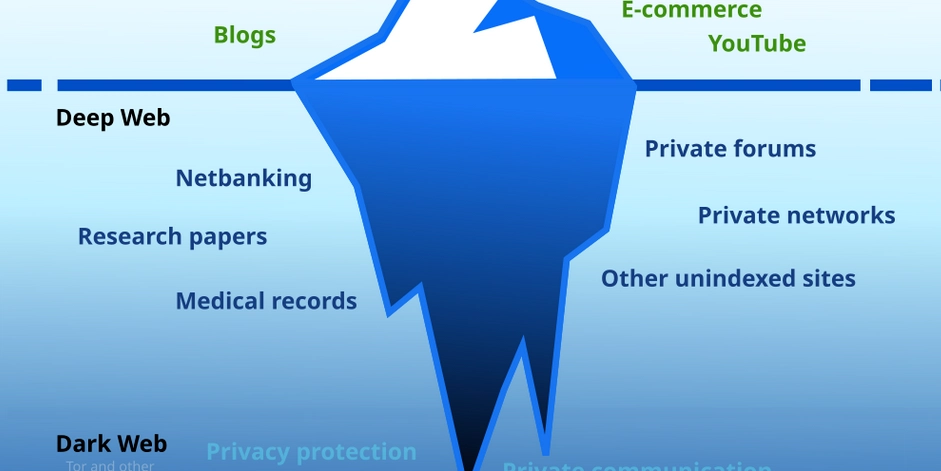


















![[DEALS] Mail Backup X Individual Edition: Lifetime Subscription (72% off) & Other Deals Up To 98% Off – Offers End Soon!](https://www.javacodegeeks.com/wp-content/uploads/2012/12/jcg-logo.jpg)














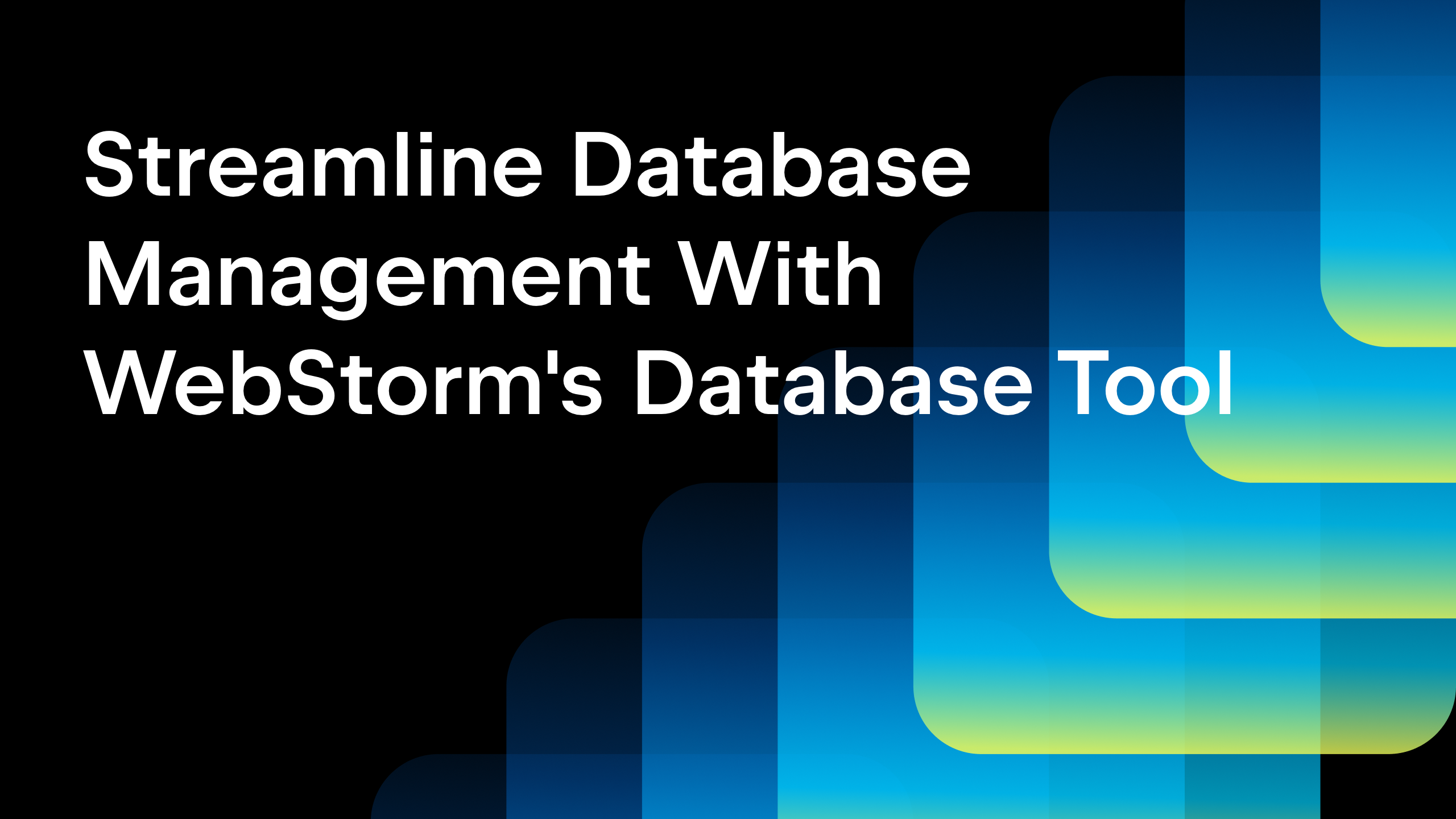



























































































































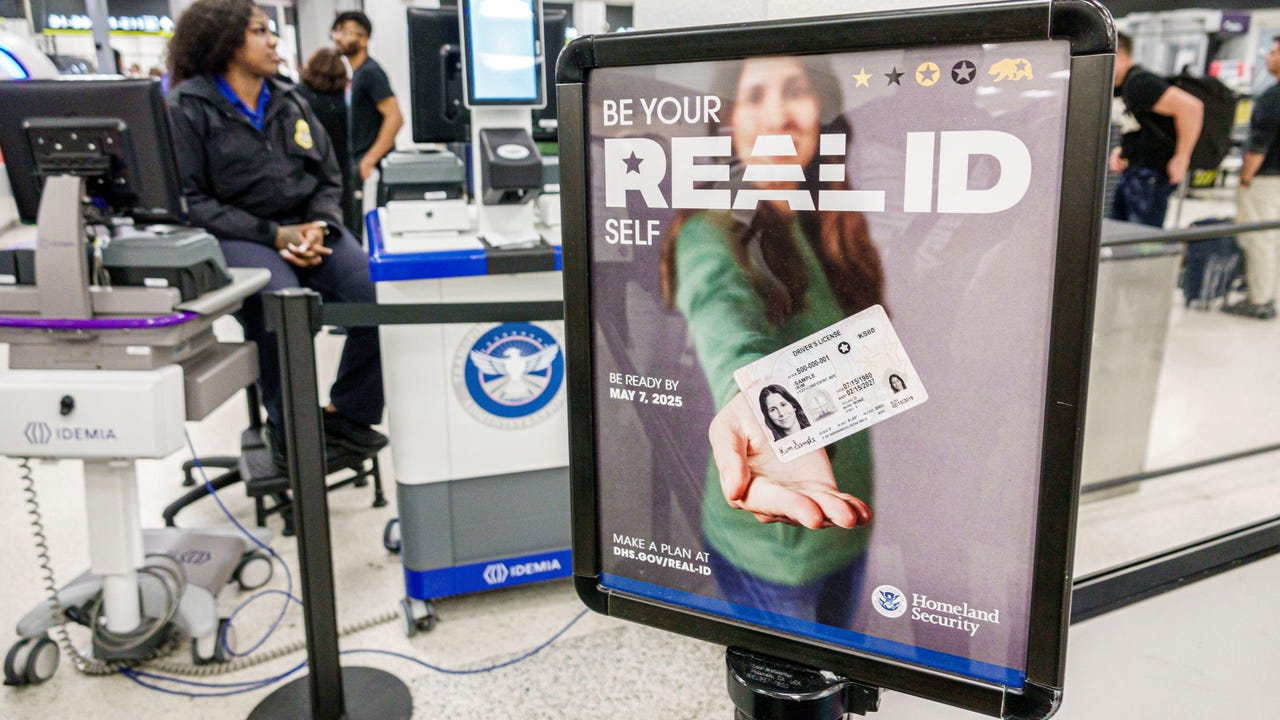























































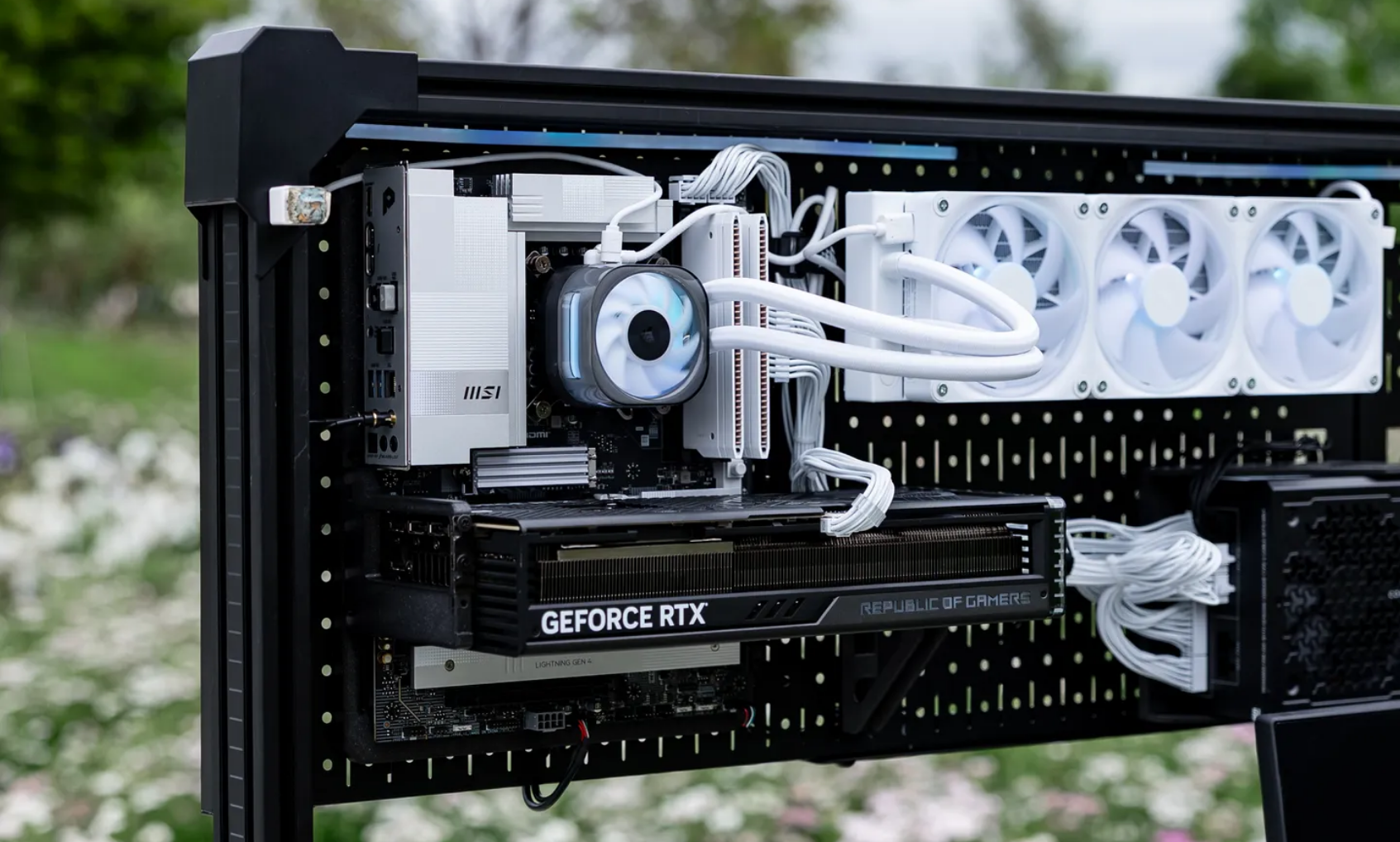























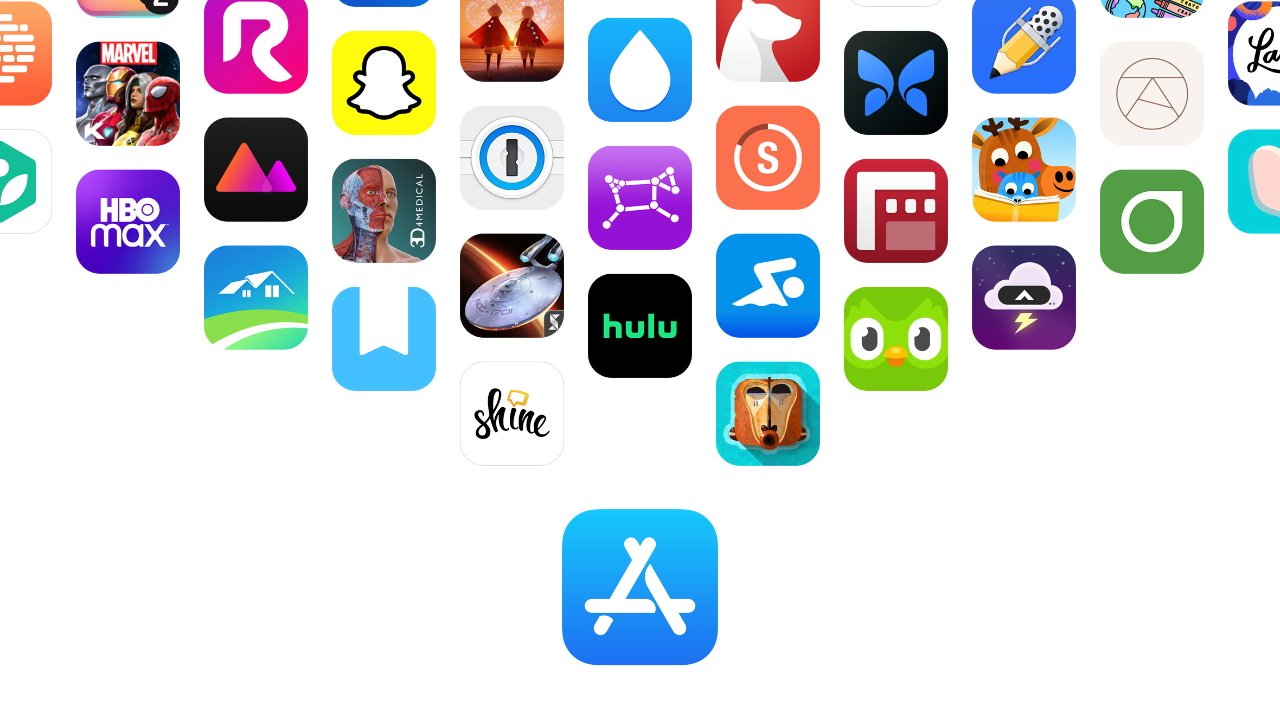
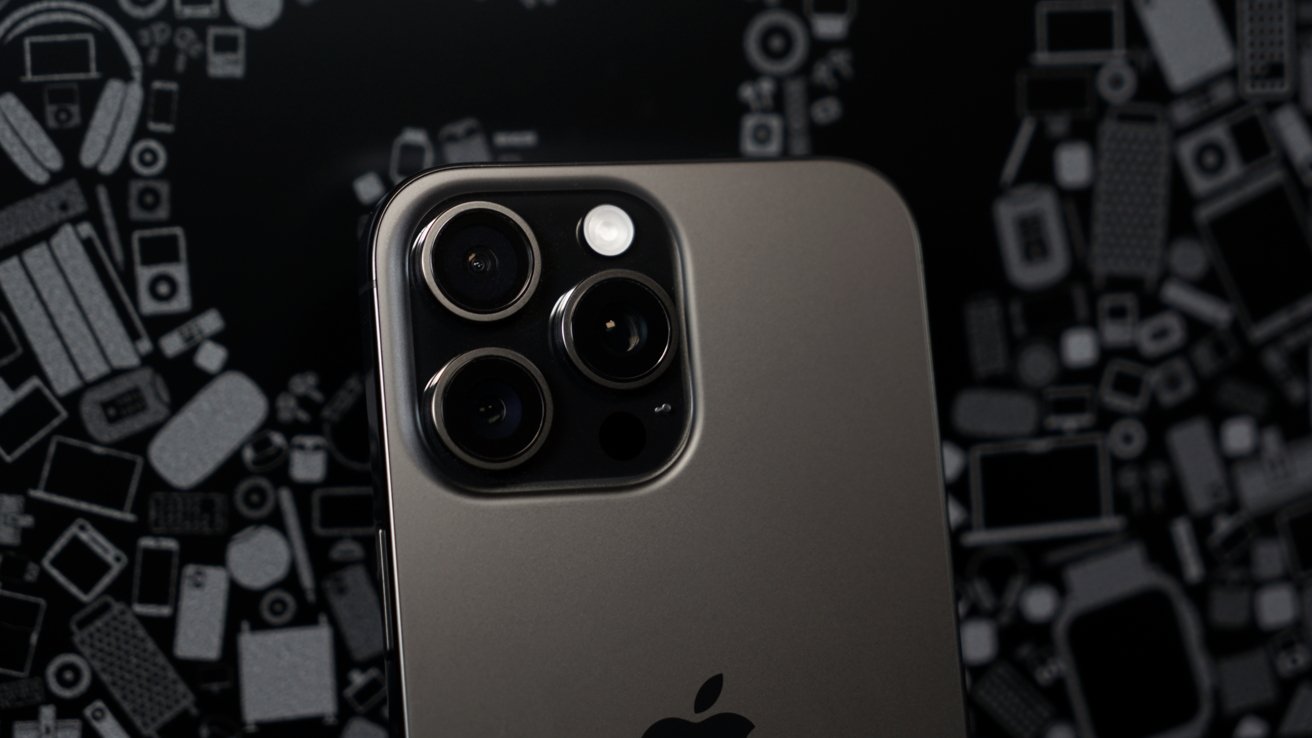







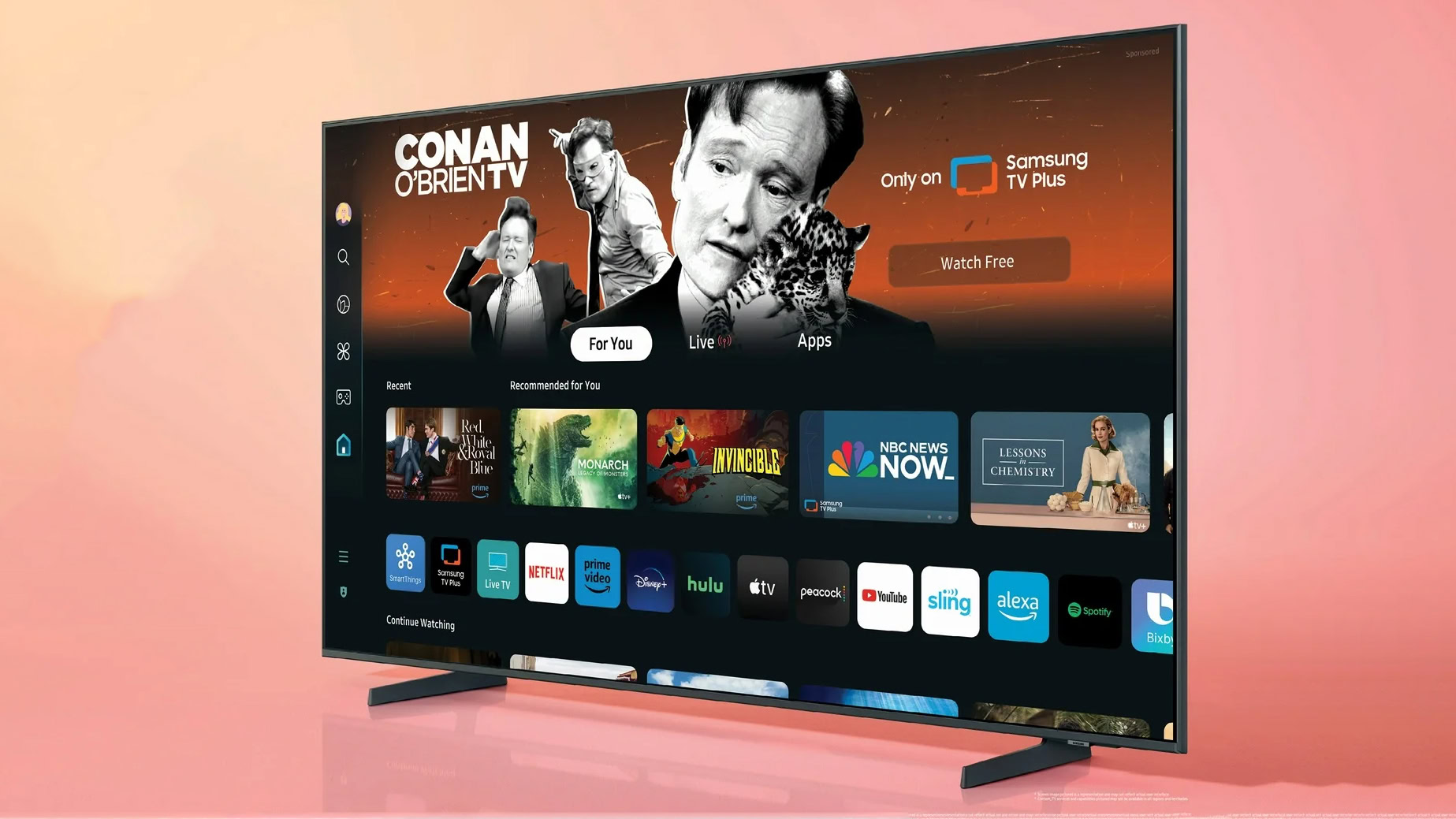

![Google reveals NotebookLM app for Android & iPhone, coming at I/O 2025 [Gallery]](https://i0.wp.com/9to5google.com/wp-content/uploads/sites/4/2025/05/NotebookLM-Android-iPhone-6-cover.jpg?resize=1200%2C628&quality=82&strip=all&ssl=1)

















![Apple Reports Q2 FY25 Earnings: $95.4 Billion in Revenue, $24.8 Billion in Net Income [Chart]](https://www.iclarified.com/images/news/97188/97188/97188-640.jpg)



















